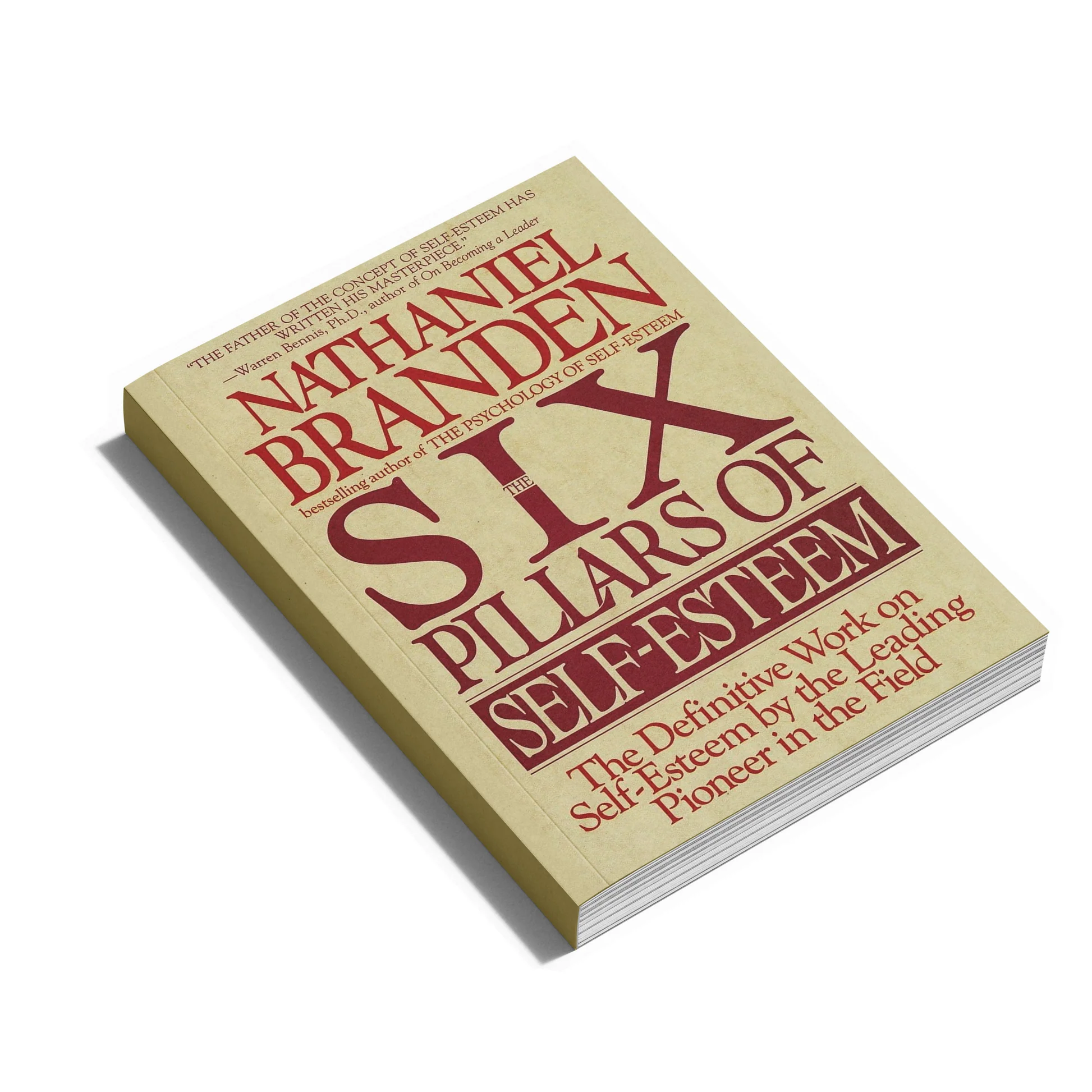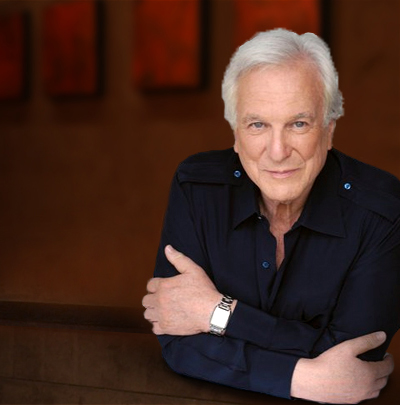There are only ever two enduring paths to true change in life. The first is pain—an unwelcome yet all-too-familiar teacher. It’s the pain of repeated patterns, failed relationships, or internal dissonance that grows so unbearable it forces transformation. The second path is less frequently traveled, but perhaps more powerful in the long term: the path of knowledge. It is the willingness to confront ourselves with curiosity rather than judgment, to seek awareness before crisis strikes.
For this second path, I owe a profound intellectual and emotional debt to the work of psychologist Dr. Nathaniel Branden, whose clinical contributions have reshaped our understanding of human motivation, emotional resilience, and—most crucially—self-esteem.
Branden’s magnum opus, The Six Pillars of Self-Esteem, is not a mere self-help guide. It is a rigorous psychological framework supported by decades of clinical observation, cognitive behavioral insight, and philosophical grounding. Branden, who began his career under the mentorship of Ayn Rand and later emerged as a thought leader in his own right, argued that self-esteem is not a luxury—it is a fundamental human need, “the immune system of consciousness.”
Why Self-Esteem Matters
Of all the judgments we pass in life, none is more significant than the one we pass on ourselves. Self-esteem—far from being mere confidence or inflated ego—is a multidimensional construct comprising emotional self-regard, rational evaluation, and behavioral consistency. It affects our capacity to learn, communicate, make sound decisions, and manage change. It influences not just how we act, but how we allow ourselves to act.
In Branden’s view, self-esteem is both a consequence and a cause. High self-esteem is cultivated through specific internal practices, but it also creates a psychological climate that supports those very practices. Individuals with healthy self-esteem are more likely to engage with the world proactively, embrace accountability, and recover from adversity—traits that are increasingly essential in our complex and fast-evolving societies. Without this psychological foundation, we are far more susceptible to anxiety, depression, dependency, and a life governed not by purpose but by fear of pain.

The Six Practices That Build the Self
Branden identifies six core practices—what he calls the “pillars”—that collectively support the architecture of self-esteem:
- Living Consciously – Choosing awareness over denial; being present to reality rather than hiding from it.
- Self-Acceptance – A willingness to own one’s thoughts, feelings, and actions without evasion or self-rejection.
- Self-Responsibility – Recognizing that we are the authors of our choices and the agents of our own change.
- Self-Assertiveness – Honoring our needs and expressing our truth respectfully but unapologetically.
- Living Purposefully – Setting goals and pursuing them with intentionality and discipline.
- Personal Integrity – Aligning behavior with values; living in truth.
These are not abstract ideals, but lived behaviors—habits of mind and action that shape the trajectory of our inner lives and our social realities. Branden’s writing blends clinical clarity with philosophical depth, making a compelling case for why self-esteem is, in essence, the cornerstone of human potential.
A Book to Return To
The Six Pillars of Self-Esteem is available in audiobook format, but if you are anything like me, the printed version will be your companion of choice. It’s not a book you finish—it’s one you return to, underline, and absorb over time. A roadmap not just for self-improvement, but for self-liberation. This book doesn’t promise quick fixes. Instead, it offers what the best literature and psychology can deliver: the invitation to become more fully ourselves.

Nathaniel Branden (1930-2014) was a Canadian-American psychotherapist and author known for his work in the psychology of self-esteem. Branden's work on self-esteem significantly influenced the field of psychology and continues to be studied and applied in psychotherapy and personal development.
About the author

Subscribe
-
 Under Desert Skies, The Moon Retreat of Mleiha
Under Desert Skies, The Moon Retreat of Mleiha -
 Bhutan, the Land of Smiles, A Spiritual Destination in the Heart of the Himalayas
Bhutan, the Land of Smiles, A Spiritual Destination in the Heart of the Himalayas -
 Editor's Note September 2025
Editor's Note September 2025 -
 My Dubai First Christmas
My Dubai First Christmas -
 Emirates Introduces three new Destinations
Emirates Introduces three new Destinations














Leave a Reply